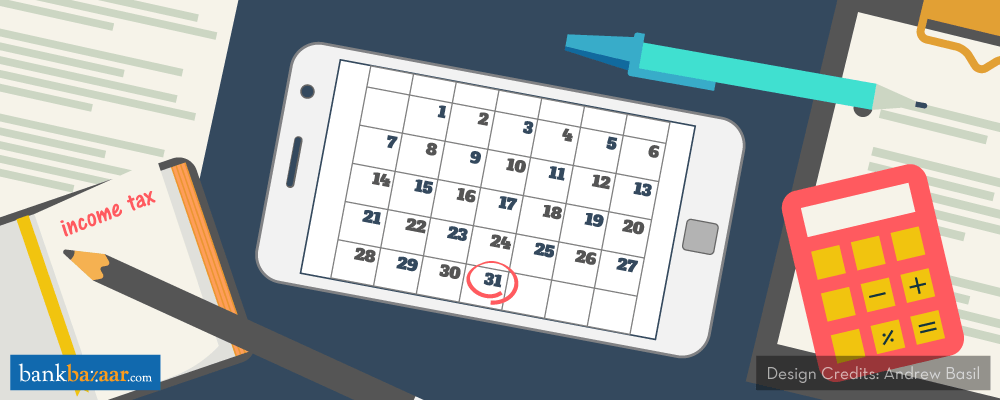
The deadline for filing income tax returns is a couple of days away and you must be scrambling with paperwork and filling out forms to file it. By filing the return, you declare the income you have earned in a financial year, the deductions you have claimed, and taxes you have paid.
E-filing can be undertaken by any individual. However, it is mandatory for an individual with a salary of Rs 5 lakh and above to e-file the returns. E-filing has made tax filing process fairly simple. However, taxpayers often dread making mistakes or providing incorrect information while filing the return. Even a small error could attract penalties from the I-T department.
Here’s a list of things you must keep in mind:
1. Eligibility To File The Return
There is a lot of ambiguity around this. While some avoid filing the return thinking that a TDS deduction is sufficient to ensure tax compliance, some think it’s unnecessary because their income is not taxable. The rule is that one has to file the return if the gross taxable income is above the basic exemption limit. However, it is a good practice to file the return even if the income is not taxable.
2. Verify TDS Details in Form 26AS
Form 26AS is an annual tax statement that gives you the entire details of the tax deducted on your behalf and credited to your PAN. As tax authorities consider this document to be a valid proof of the taxes paid by you, you must take a look at the form to ensure there are no discrepancies and get it rectified.
3. Choosing The Right Form
Getting the right form is vital to filing the return. If you are earning an income from salary or pension or property or interest/dividends etc, you must use ITR1 or SAHAJ. If you earn an income as a partner in a firm or earn from foreign assets or get a salary or pension or capital gains or have an agricultural income of over Rs. 5000, use ITR 2. ITR3 is for an individual or HUF earning income from proprietary business or profession or having income from house property, salary, pension, and other sources.
4. Furnish Interest and Other Income Details
Often the interest earned from tax-saving fixed deposits gets underreported due to the misconception of interest being free from tax. While the deposits help save tax under Section 80C, the interest is completely taxable. TDS applies to interest income of more than Rs. 10,000 earned on deposits in a financial year. This also applies to interest earned on recurring deposits. The Form 26AS states that individuals earning over Rs. 50 lakh have to mention details of all physical assets they own, including movable assets in the form of cash in hand.
5. Disclose Foreign Assets And Income
If you have been abroad you have to disclose details of foreign bank account holding’s status, account opening date, interest accrued, etc. Any misreporting might invite trouble later.
6. Declare Cash Deposits After Demonetisation
If you have deposited over Rs.2 lakh in cash in your bank account during demonetisation period, it has to be reported in your tax returns. The I-T Department already has the details and misreporting can lead to a penalty ranging from 50% to 200% of the underreported income.
7. Link Aadhaar
If you haven’t linked your Aadhaar with PAN yet, it’s time you did it. The government has made it mandatory for taxpayers to link the two documents before filing tax returns. The biometric identification enabled by Aadhaar would help tax authorities to track tax evasion by holding multiple PAN cards.
8. File before deadline and verify return
The deadline for filing returns is July 31 every year.
Delayed filing would attract a penalty from the next financial year onwards. Also, the window for filing previous year’s return has been reduced to two years only.
You can always seek help from a financial advisor if you have any further queries.
(The writer is CEO, BankBazaar.com)